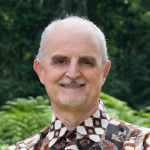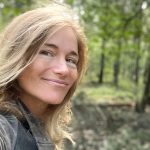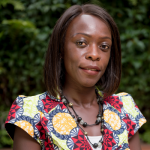
When coupled with local use, influxes of refugees and their dependence on natural resources for construction materials, fuelwood and livelihood activities frequently exceed the carrying capacity of natural ecosystems. This can lead to forest, land and soil degradation as well as biodiversity loss, which can cause tensions with host communities. With refugees often staying for protracted periods, long-term livelihood support for both refugees and host communities has increasingly been considered critical in humanitarian interventions. Promoting sustainable development and resilience at the landscape level is increasingly recognized as a viable means for overcoming sectoral gaps and finding solutions through dialogues with actors at multiple levels.
Guidance for a Landscape Approach in Displacement Settings (GLADS) is a European Union funded initiative led by CIFOR-ICRAF in partnership with key stakeholders in the humanitarian sector. GLADS offers guidance to all stakeholders to contribute to the ecosystem and livelihood resilience of refugees and host communities. The integrated landscape approach had not yet been applied or adapted to refugee hosting or displacement settings despite its relevance (Schure et al. 2022). In response, CIFOR-ICRAF and its partners joined forces to collect relevant experiences and inputs. These drew on a literature review, field consultations with stakeholders in Cameroon (East region near Garoua Boulaï), Kenya (Kakuma Refugee Camp and Kalobeyei Integrated Settlement in Turkana County) and Uganda (Rhino Refugee Camp Settlement in Madi-Okollo district), and broader national and regional consultations. The objective of this event is to share outcomes of these studies and and launch the GLADS website. presentation of refugee-hosting landscape case studies, and a practical guide.



























